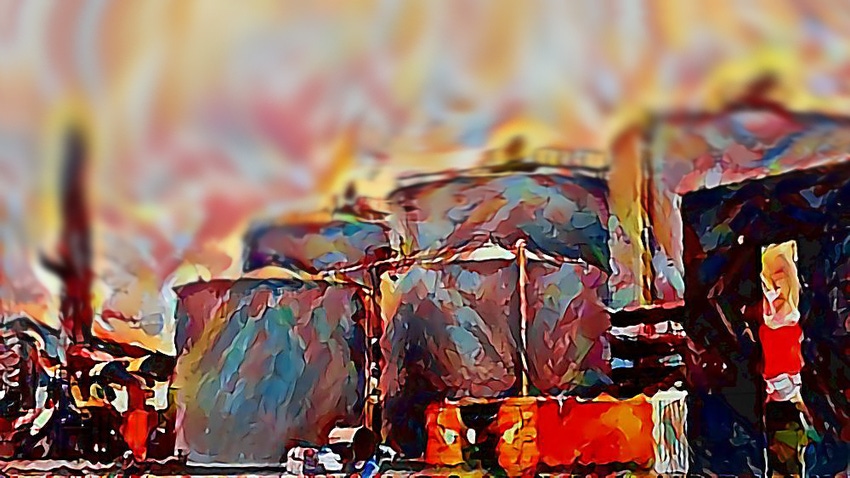CCI is introducing the microdigester to food manufacturers, distributors, farms, a university and even office buildings.

Ontario, Canada,-based biogas project developer CCI BioEnergy has produced large-scale anaerobic digesters for years, but now it has tweaked a design that can process 300 tons a day and shrunk it to a system the size of a shipping container. The idea is for companies with much lower volumes of organic waste to be able tap into anaerobic digestion.
CCI, which has developed larger systems mainly for municipalities, is introducing the microdigester to food manufacturers, distributors, farms, a university and office buildings.
“Instead of tossing organics or having to pay to have it collected, generators put it in the mouth of this mini digestion unit that will break it down and produce biogas,” says Kevin Matthews president of CCI BioEnergy. “We have the ability to make systems to produce gas for electricity, combined heat and power, or pipeline grade natural gas for transportation fuel.”
The microdigester can process between one and five tons of organic material a day.
This is brand new technology to North America, says Matthews who is about to launch a system for Ontario Water Centre in spring of 2018. CCI Bioenergy is currently trying to close on two other projects, one at a goat cheese manufacturer to process cheese whey, and one for a university in Toronto to deal with food concessions.
“I had wondered for years why more people weren’t doing anaerobic digestion,” says Colin Dobell, executive director of Ontario Water Centre. “Part of the issue was the cost. It was only affordable to larger operators. For others it was cheaper to landfill. … We happened to be a suitable site. We are a nonprofit focused on environmental education, primarily of school-aged children.”
The gas coming out of the centre’s digester goes to a gas upgrading unit and from that unit it can go in two directions: it can either go through a pipe into to a boiler to heat the green house, or through a pipe to fuel vehicles.
“We are doing this to at least break even,” Dobell says. “But we also want to demonstrate to the public what’s available in the way of clean, renewable energy technology and how it works.”
The microdigester technology comes out of England and is called QUBE Renewable, a modular system to process smaller volumes of feedstocks and wastes to accommodate the generator’s volume, which can be scaled up. The system can process multiple organic waste streams including food wastes, manure, and human waste.
Having focused on larger systems, CCI put much time into figuring out how to economically scale down the technology, while ensuring its reliability.
The plan moving forward is to develop systems for different industry sectors, engaging in pilot and demonstration projects with host entities such as university, dairy, and supermarket chains.
“We are having conversations with many company types who are trying to get comfortable with how to enter into these new projects,” says Matthews. “We go into this with the objective of trying to show their industries this is a good, reliable solution. They are seriously considering this as an option that may address the issue of, what do we do with our waste that will allow us to turn it into an asset?”
Energy Vision, a national non-profit that researches low-carbon energy technologies, recently awarded CCI for its work, with its president, Matthew Tomich, stating microdigestion technology could potentially revolutionize organics waste management.
“In the past, if you were a relatively small waste generator, you had to rely on a hauler and a centralized commercial-scale compost or AD facility,” Tomich says. “With systems like the one CCI has, that’s no longer the case. In areas with high waste disposal costs and/or high energy costs, this type of on-site solution may prove economically advantageous. We see great potential for on-site micro AD.”
About the Author(s)
You May Also Like




